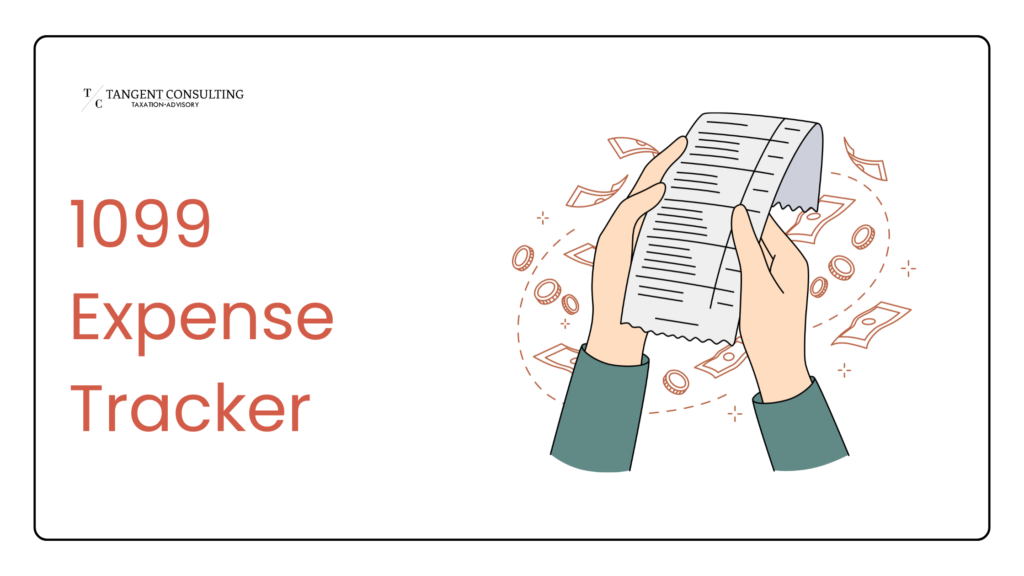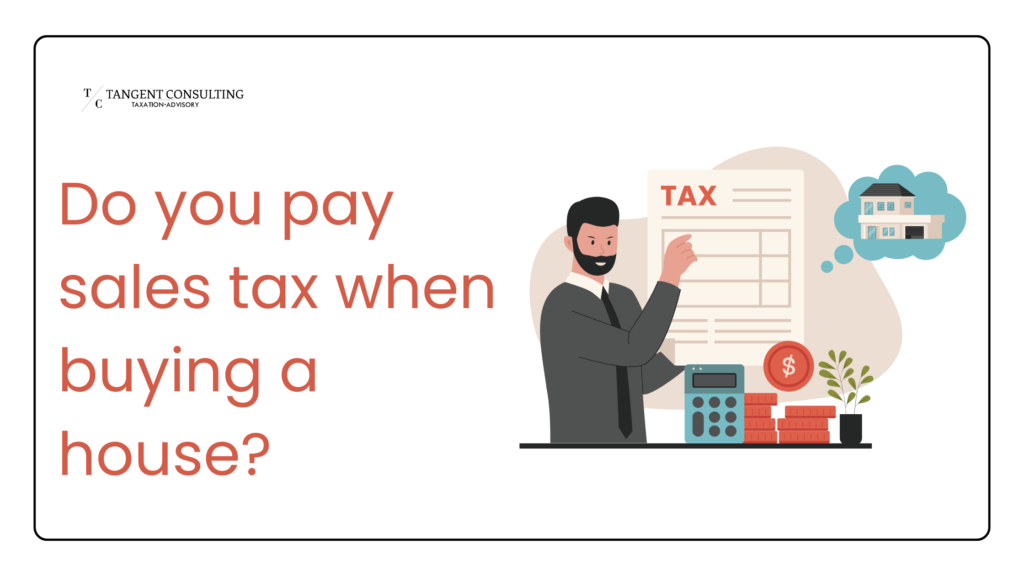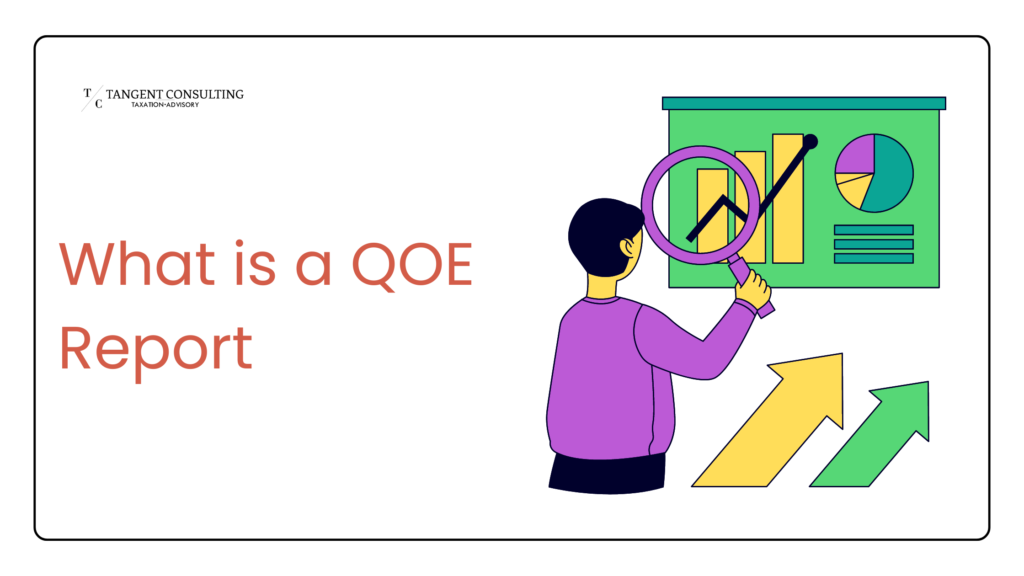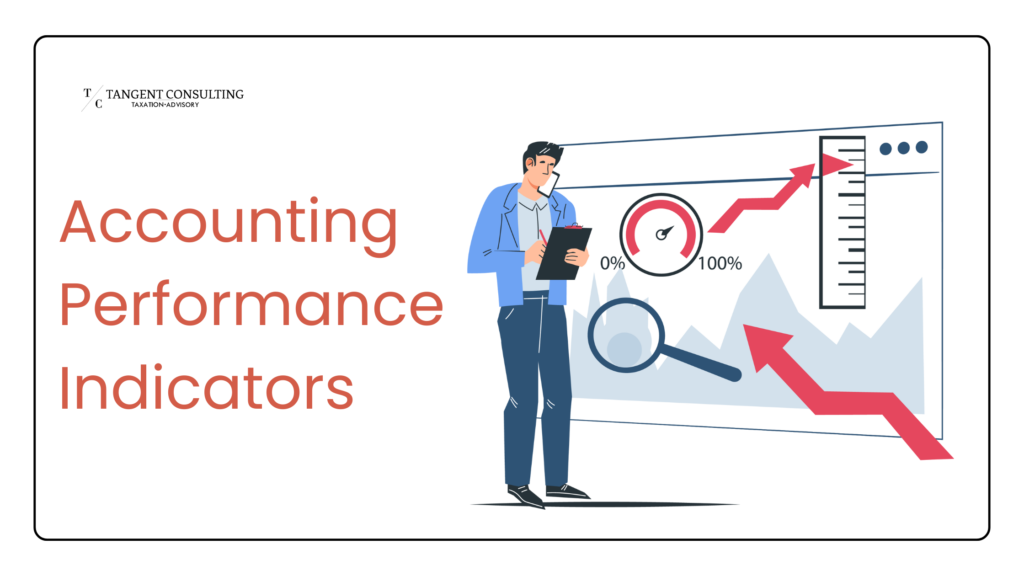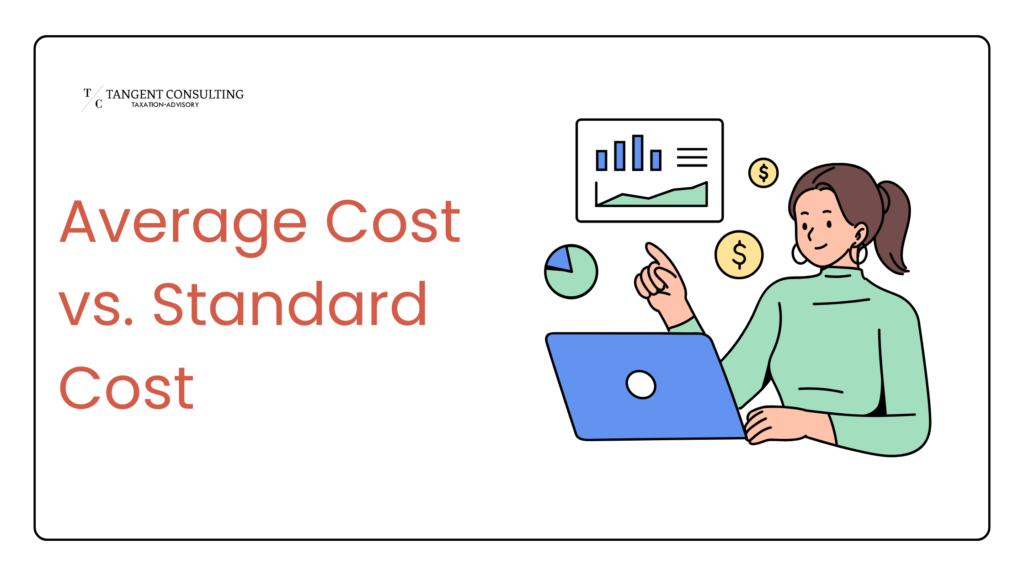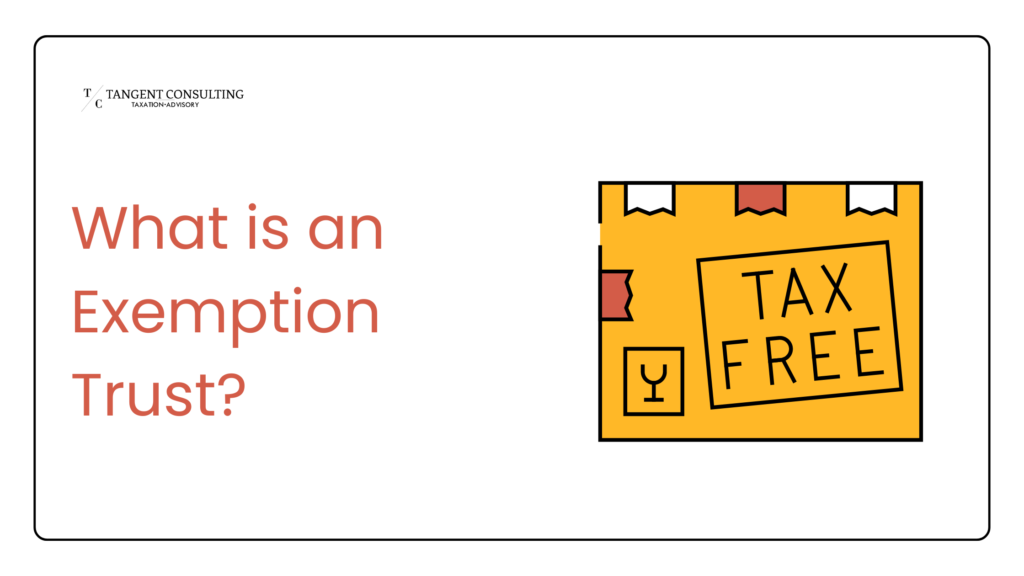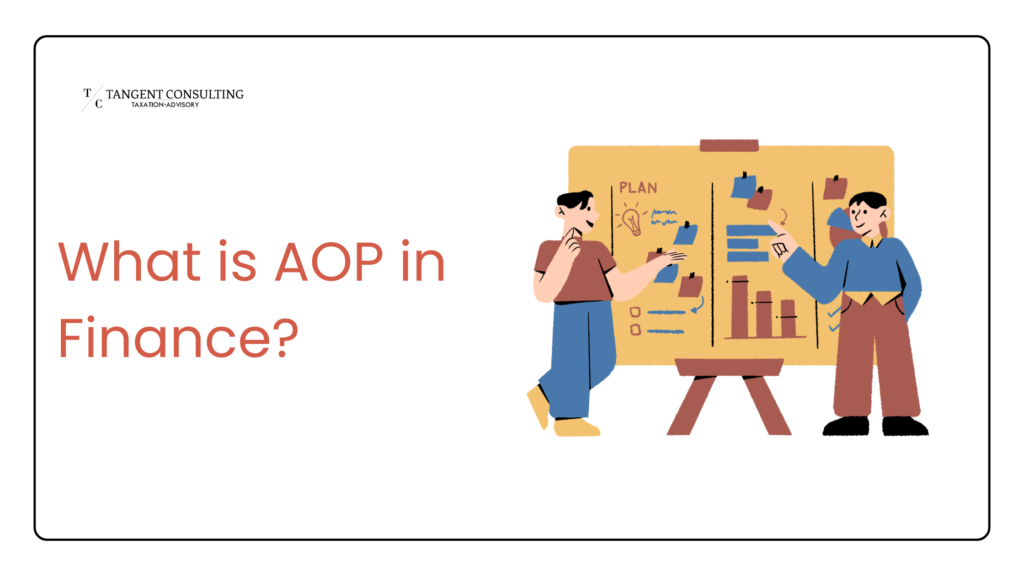Deferred Revenue Haircut A deferred revenue haircut is an accounting adjustment in which a portion of deferred revenue (undelivered payment) is reduced (haircut) to reflect risks like refunds or cancellations. For years, businesses acquiring deferred revenue as part of a merger or acquisition faced a frustrating accounting issue—a revenue “haircut.” Under previous GAAP rules, companies […]
What Is Veterinary Locum Insurance?
What Is Veterinary Locum Insurance? Veterinary locum insurance is a special form of insurance for vets who temporarily or independently provide their services (locums). This insurance covers risks that may arise in short-term assignments, such as liability in the event of animal and property damage or professional errors. This type of insurance typically falls under an […]
1099 Expense Tracker
1099 Expense Tracker A 1099 expense tracker allows independent contractors and small business owners to track business expenses, making maximizing deductions and reducing taxable income easier. It’s like having your own Alfred from Batman. Whether you use a simple spreadsheet or a dedicated app, this tool helps you log every business-related expense, from supplies and […]
Do you pay sales tax when buying a house?
Do you pay sales tax when buying a house? In the US, you don’t pay sales tax when buying a house. In Canada, you do. However, in both countries, you must consider other costs, such as property taxes, transfer taxes, or mortgage costs. It’s important to consider individual US state tax laws. We think Tony […]
QOE Report
QOE Report A QOE Report, aka Quality of Earnings Report, analyzes a company’s financials to check if the business is profitable. For example, a tech startup can show big profits after one project, but a QOE report can suggest that the company isn’t as profitable as it looks. When assessing a company’s financial health, it’s […]
Accounting Performance Indicators
Accounting Performance Indicators Accounting performance indicators illustrate how the business is performing financially. These indicators are profit margin, return on investment, or cash flow. Understanding APIs is like keeping an eye on your car’s dashboard. You don’t need to know every mechanical detail under the hood—you need to pay attention to the indicators that tell […]
Average Cost vs. Standard Cost
Average Cost vs. Standard Cost Average cost determines the total amount of product purchased in a given period. On the other hand, a standard cost estimates the actual costs of a company’s production process. For example, a small business may set the standard cost of a donut at $5, but the average cost can be $7 […]
What are Accounting Gifts?
What are Accounting Gifts? Accounting gifts refer to financial or tangible assets without expecting anything in return. It reminds us of Oprah’s “You get a car! You get a car!” A business owner may give their employee an accounting gift as a bonus. The important part is to keep track of taxes, as some gifts […]
What is an Exemption Trust?
What is an Exemption Trust? An exemption trust reduces the estate taxes of a married couple when one of them passes away. When the first member of the couple dies, the assets are placed in a trust. When the surviving spouse dies, the assets are distributed to the trust’s beneficiaries, typically the children, who don’t […]
What is AOP in Finance?
What is AOP in Finance? AOP, aka Annual Operating Plan, is a business roadmap for a year. It outlines expenses and expected revenues for the year. For example, if your small business aims to increase sales by 30%, the AOP will detail marketing, hiring, or any other spending you will do in one year. It […]



